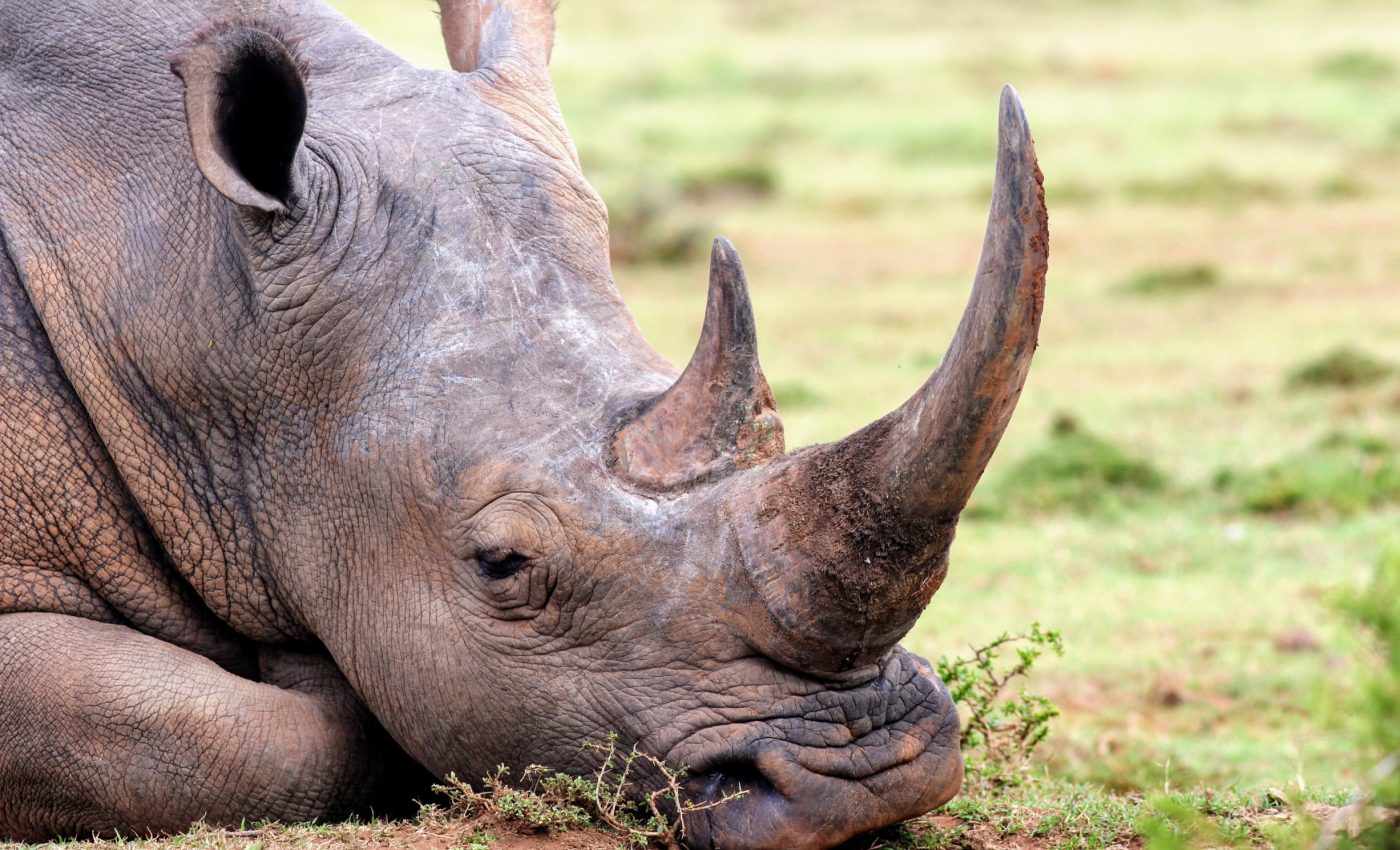
Rats can sniff out horns and tusks to combat wildlife trafficking
In a remarkable development in the fight against wildlife trafficking, African giant pouched rats have been trained to detect pangolin scales, elephant ivory, rhino horn, and African blackwood.
Previously known for detecting explosives and tuberculosis, these rodents are proving to be versatile allies in conservation efforts.
“Our study shows that we can train African giant pouched rats to detect illegally trafficked wildlife, even when it has been concealed among other substances,” said lead author Isabelle Szott, a researcher at the Okeanos Foundation.
“The rats also continued to detect the wildlife targets after not encountering that species for a long period,” added co-author Kate Webb, an assistant professor in psychiatry and behavioral sciences at Duke University.
The study was conducted at APOPO, a non-profit organization based in Tanzania that develops low-tech, cost-effective solutions to humanitarian challenges.
Rats in the fight against wildlife trafficking
To prepare for the detection tasks, the rats – Kirsty, Marty, Attenborough, Irwin, Betty, Teddy, Ivory, Ebony, Desmond, Thoreau, and Fossey (many named after renowned conservationists) – underwent a series of training stages.
Each rat learned to recognize specific wildlife scents through what researchers called “indication training,” where the rats held their noses over a scented target for a few seconds. A correct response was rewarded with flavored rodent pellets, motivating them to repeat the behavior.
As their training progressed, the rats were introduced to various non-target scents such as electric cables, coffee beans, and washing powder – substances often used by traffickers to mask wildlife scents.
“During the discrimination stage, rats learn to only signal the odors of the wildlife targets while ignoring non-targets,” Szott explained.
The study demonstrated the rats’ impressive retention abilities. After periods of five and eight months without exposure to the target scents, the rats could still recognize them with perfect retention scores, a level of cognitive retention comparable to that of trained dogs.
By the end of the training program, eight rats successfully identified four wildlife species from 146 other substances commonly found in shipping cargo.
Rats are a practical solution
“Existing screening tools are expensive and time intensive, and there is an urgent need to increase cargo screening. APOPO’s rats are cost-efficient scent detection tools,” said Szott.
“They can easily access tight spaces like cargo in packed shipping containers or be lifted up high to screen the ventilation systems of sealed containers.”
Given their size and agility, these rats offer a practical solution for wildlife detection in various port and cargo environments.
The research team’s next objective is to adapt these rats for use at international ports. To achieve this, the rats will wear specially designed vests fitted with a small pull cord. When they detect a target scent, they can pull the cord to emit a beeping sound, signaling their handler.
“The vests are a great example of developing hardware that could be useful across different settings and tasks, including at a shipping port to detect smuggled wildlife,” Webb said.
Challenges and future development
This study, while promising, does face some limitations. For instance, the research was conducted in a controlled environment that differs significantly from the busy, noisy, and variable conditions typically found at ports and trafficking checkpoints.
Deploying rats in real-world settings will require additional testing and adjustments to ensure their effectiveness and reliability under less predictable conditions.
Broader implications of the research
Furthermore, while the current study focused solely on wildlife trafficking, researchers believe that these detection skills could also aid in other efforts to disrupt organized crime.
“Wildlife smuggling is often conducted by individuals engaged in other illegal activities, including human, drug, and arms trafficking,” Webb noted. “Therefore, deploying rats to combat wildlife trafficking may assist with the global fight against networks that exploit humans and nature.”
This study opens new avenues for wildlife conservation and anti-trafficking measures. If African giant pouched rats can effectively identify and signal the presence of endangered species products, they could become a critical component in stopping illegal wildlife trade and reducing its impact on vulnerable species.
The study is published in the journal Frontiers in Conservation Science.
—–
Like what you read? Subscribe to our newsletter for engaging articles, exclusive content, and the latest updates.
Check us out on EarthSnap, a free app brought to you by Eric Ralls and Earth.com.
—–













